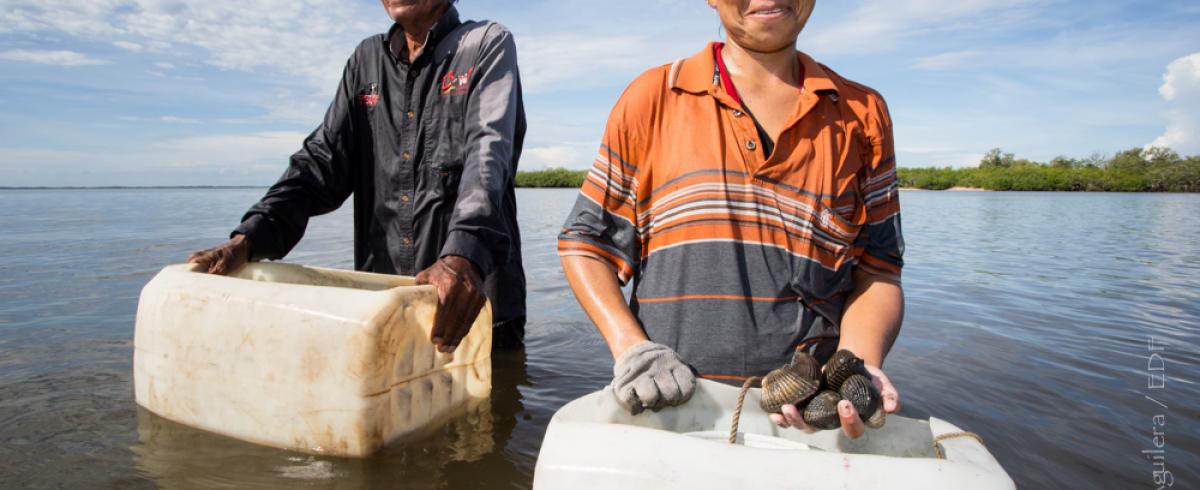Actioning the Monterey Framework: Stories from Around the World
The Monterey Framework is a collectively agreed-upon definition of socially responsible seafood with input and backing from over two-dozen environmental and human rights organizations and voluntary commitments from an equal number of seafood businesses.

